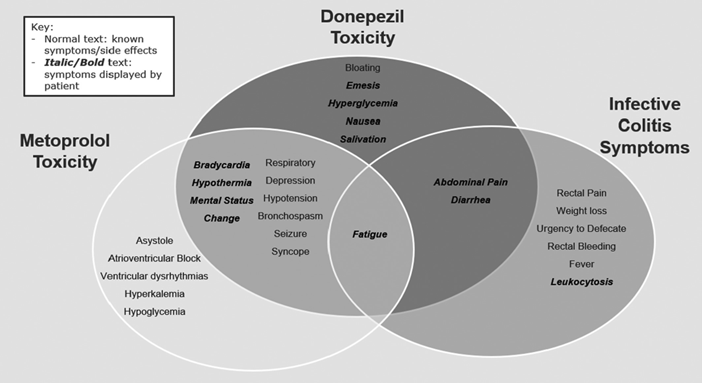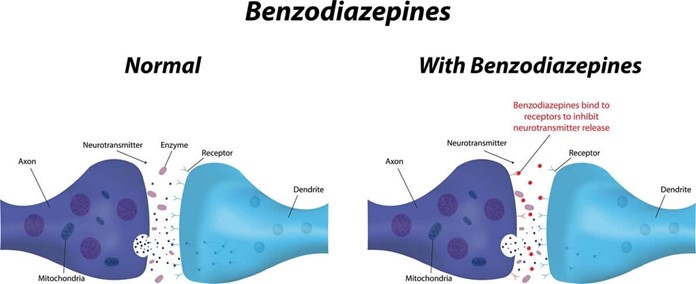The client diagnosed with Parkinson's disease has been taking carbidopa/levodopa for two years. The client states symptoms are worsening. The health care provider added the prescription donepezil to the client's daily routine. Which information should the nurse teach the client?
Take the medication on an empty stomach.
There are no side effects of this medication like there are for carbidopa/levodopa.
Discontinue the carbidopa/levodopa.
Rise slowly from a lying or sitting position.
The Correct Answer is D
Donepezil is a medication that can cause side effects such as dizziness and fainting ¹. Therefore, it is important for the client to rise slowly from a lying or sitting position to prevent falls.
Option A is incorrect because donepezil can be taken with or without food.
Option B is incorrect because donepezil does have side effects ¹.
Option C is incorrect because the health care provider added donepezil to the client's daily routine, not to replace carbidopa/levodopa.

Nursing Test Bank
Naxlex Comprehensive Predictor Exams
Related Questions
Correct Answer is C
Explanation
Benzodiazepines are medications that work in the central nervous system and are used for a variety of medical conditions such as anxiety, seizures, and alcohol withdrawal ². They work by blocking excessive activity of nerves in the brain and other areas in the central nervous system ². While benzodiazepines can be effective in treating these conditions, they are not a cure and should be used as part of a comprehensive treatment plan that may include counseling or other forms of therapy ¹.
Option A is not correct because benzodiazepines do not require frequent blood counts to avoid adverse effects.
Option B is not correct because the decision to stop a medication should be made by a healthcare provider based on an individual's response to treatment.
Option D is not correct because benzodiazepines are not intended for long-term use and should be used for the shortest possible time to achieve therapeutic goals ².

Correct Answer is C
Explanation
An accidental administration of a dose greater than recommended can result in toxicity. This means that the medication reaches harmful levels in the body and can cause damage to organs or other adverse effects.
Option A is incorrect because an overdose is more likely to increase side effects rather than decrease them.
Option B is incorrect because a lowered therapeutic threshold means that a lower dose of medication is needed to achieve the desired effect, which is not related to an overdose.
Option D is incorrect because an overdose can increase the effectiveness of the medication to dangerous levels, rather than decrease it.
Whether you are a student looking to ace your exams or a practicing nurse seeking to enhance your expertise , our nursing education contents will empower you with the confidence and competence to make a difference in the lives of patients and become a respected leader in the healthcare field.
Visit Naxlex, invest in your future and unlock endless possibilities with our unparalleled nursing education contents today
Report Wrong Answer on the Current Question
Do you disagree with the answer? If yes, what is your expected answer? Explain.
Kindly be descriptive with the issue you are facing.
